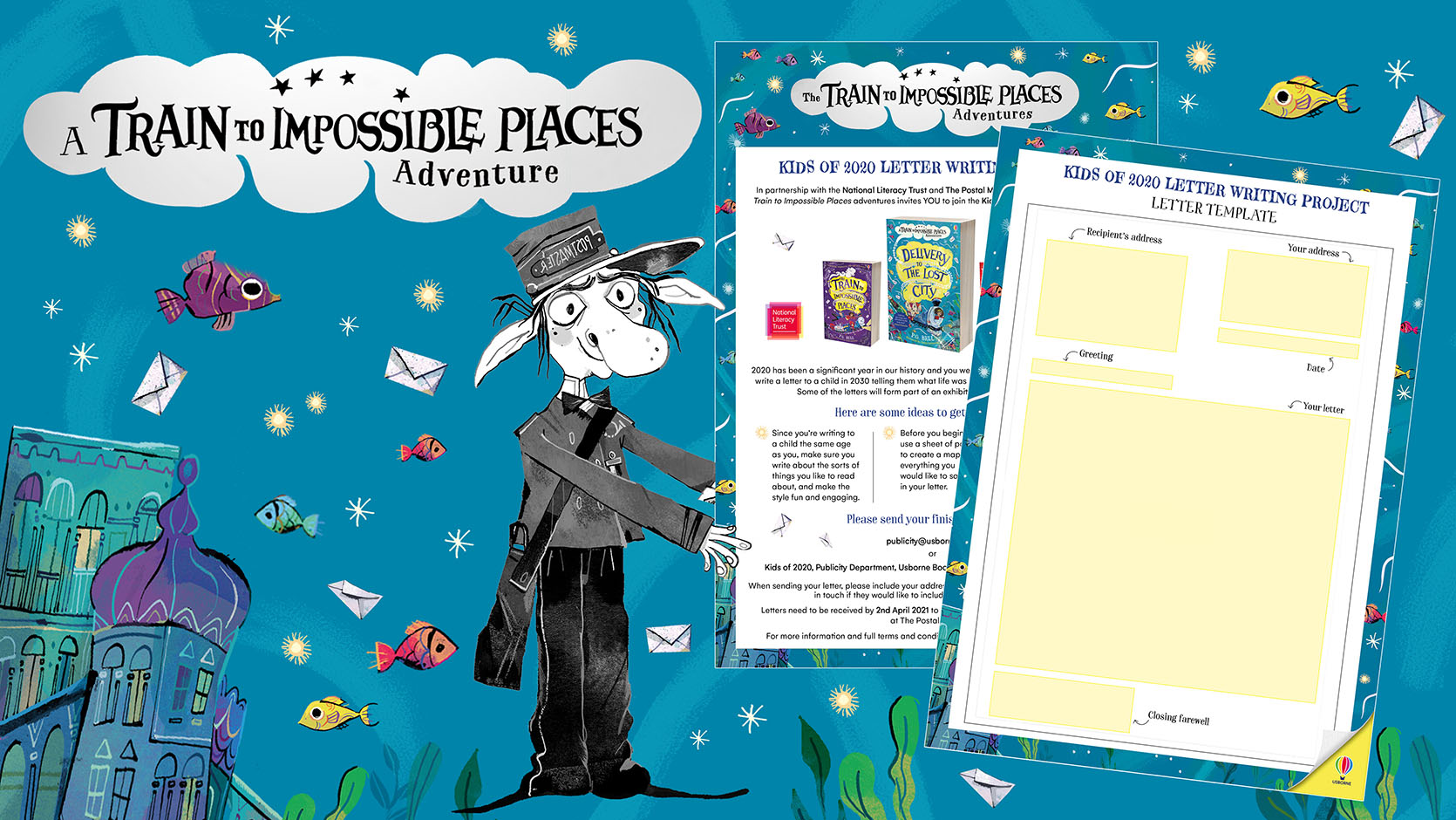- Tips and expert advice
Top tips for kids on writing letters from the National Literacy Trust

Fay Lant of the National Literacy Trust describes how letter writing helps children’s writing and social skills, the pleasure of receiving letters – and tips for writing an interesting letter.
At the National Literacy Trust we want children to have positive experiences of writing. For this reason I was really pleased to see that 39% of children wrote more letters during the first lockdown. During a time when we were all missing out on seeing each other and spending time together it made sense that we looked for different ways to connect. Over the course of this year we’ve heard isolated people describe a letter as ‘a hug through the letterbox’ more than once.
If one of the outcomes of the pandemic is that children write letters more regularly, I’d be delighted for three reasons:
Letter writers are better writers
Our research shows that children who regularly write letters are much more likely to write daily outside of school, to have more positive attitudes to writing and to be confident in their writing skills. All of this will add up to improve their writing skills and make them better writers.
Letters build social connections
Children understand the joy of receiving personal post. Throughout 2020 we have delivered My Dear New Friend, a letter writing project partnering primary schools with their local care homes to help combat loneliness. One 9 year old girl signed off her letter: “Hopefully this letter has made you feel so much happier.”
A real audience for writing is transformative
Teachers know that when there is a real audience and purpose for a piece of writing, children are much more motivated to write. In my own bottom set Year 9 class the excitement of writing a letter that a ‘real’ person would read and might respond to appealed to even the most reluctant writers.
Usborne’s letter writing project is a brilliant chance for children to share their experiences of this unique year.
Here are our top tips for writing a letter good enough to travel on the Impossible Postal Express:
- Introduce yourself with something interesting. For example, Suzy in Delivery to the Lost City would say that she has a special uniform for her job as Deputy Postal Operative. Do you have any hobbies where you wear a special uniform or costume?
- Tell a story that only you can tell. We haven’t all been able to visit a library in the centre of the moon this year like Suzy but perhaps you’ve had different adventures that are special to you.
- Think about the reader. Suzy often has to explain things carefully to make sure her friends Wilmot and Ursel understand her – make sure you do the same for your reader.
- Plan your letter. Think of your letter like a journey that you need to plan from the starting point to the final destination and the places you will visit on the way.
- Deliver it. the most important thing is that you send your letter!



